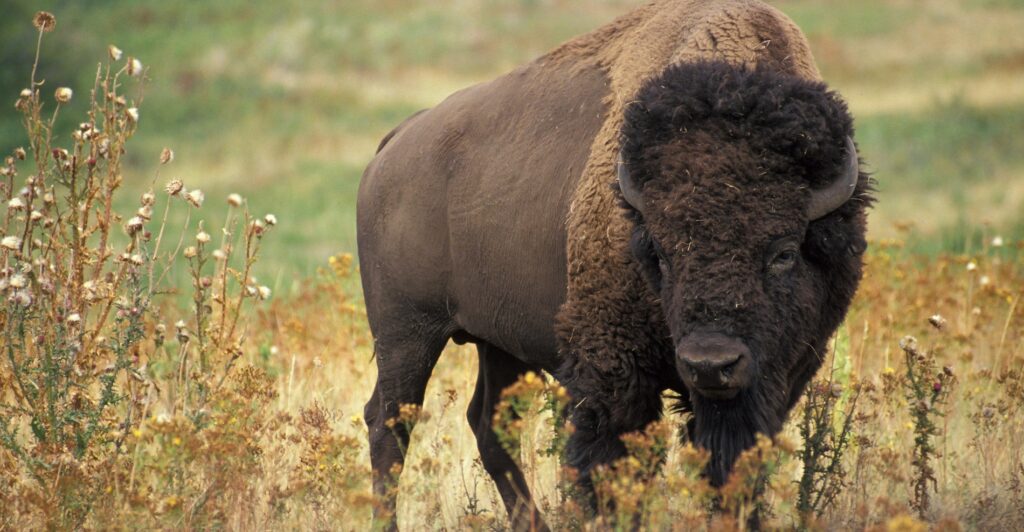
Wolves are apex predators in every environment, thanks to their clever tactics and pack hunting. Although they have a lot of strength in numbers, they can easily feel threatened when a wolf is singled out.
Cautious Animals By Nature
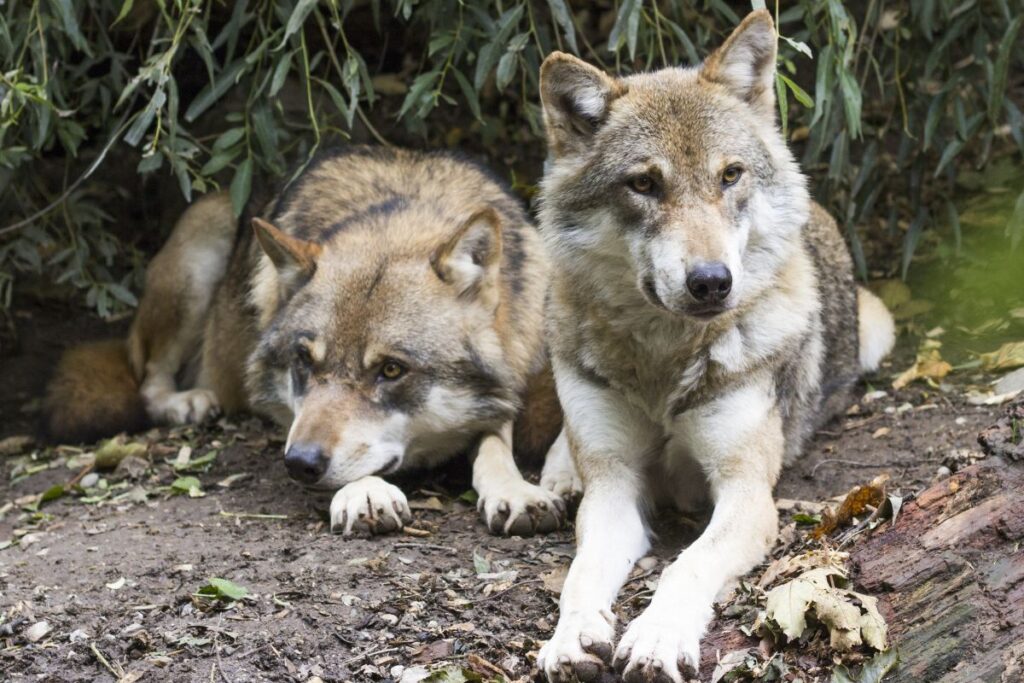
Wolves are cautious by nature, an evolutionary trait that’s gotten them where they are today. But that begs the question: Are there any animals that wolves are afraid of or tend to avoid out in the wild? The wolf population overlaps many other animal habitats, and some are just as tough, if not more, than the wolf.
Mountain Lions

Both wolves and mountain lions tend to avoid each other’s territory, and for good reason. Wolf-mountain lion conflict is a relatively common occurrence, with the mountain lion usually winning if both animals are alone. Since mountain lions roam alone, however, they tend to avoid wolf packs despite being the stronger animal.
Porcupine
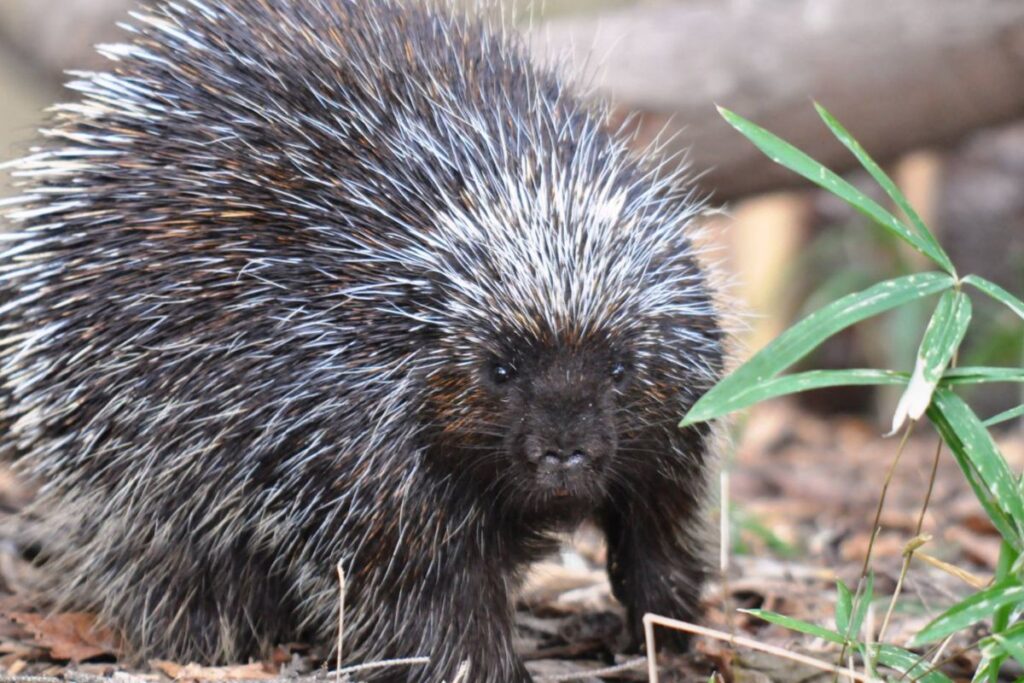
All it takes is one unexpected encounter with a porcupine for a wolf to be traumatized. Although not unbeatable, a porcupine is extremely hard for a predator to deal with, especially if the porcupine has enough to find an alcove or hole that can protect the rest of their body. The backside is full of quills, which slowly migrate deeper when stuck into an animal and cause infection if not treated.
Grizzly Bears
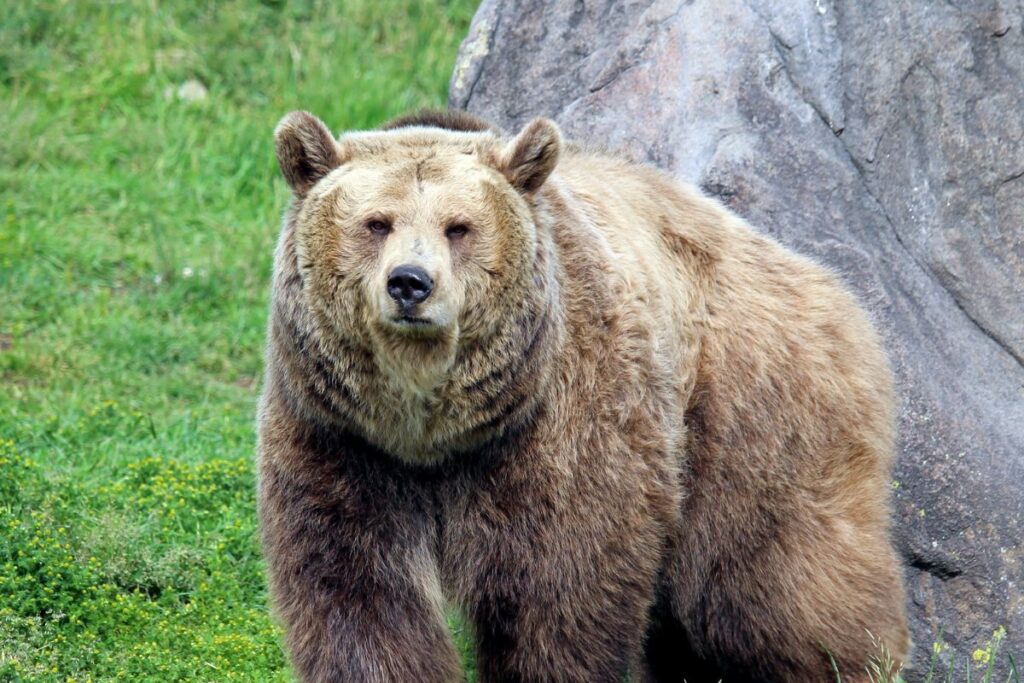
Grizzly bears are never on the kill list for wolves. Even if they outnumber the animal, it’s not worth the risk because of how powerful grizzlies are. On the scarce chance that there is a conflict between the two animals, it’s often wolves going for grizzly cubs, but this is still dangerous for them as a mother grizzly is always ready to defend her cubs.
Wolverine
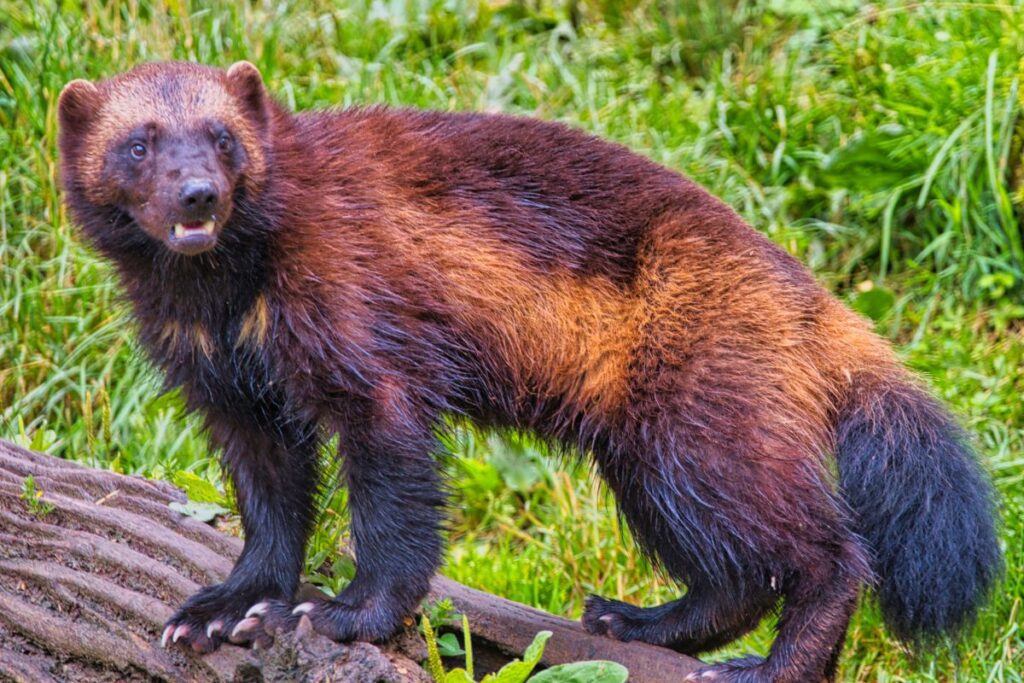
Wolves will sometimes kill wolverines, but it’s not for food but rather primarily to eliminate competition. Wolves fear wolverines getting to their prey before they can. Despite a wolf being much larger than a wolverine, they will generally rely on outnumbering the wolverine to minimize the risk of harm.
Elephant
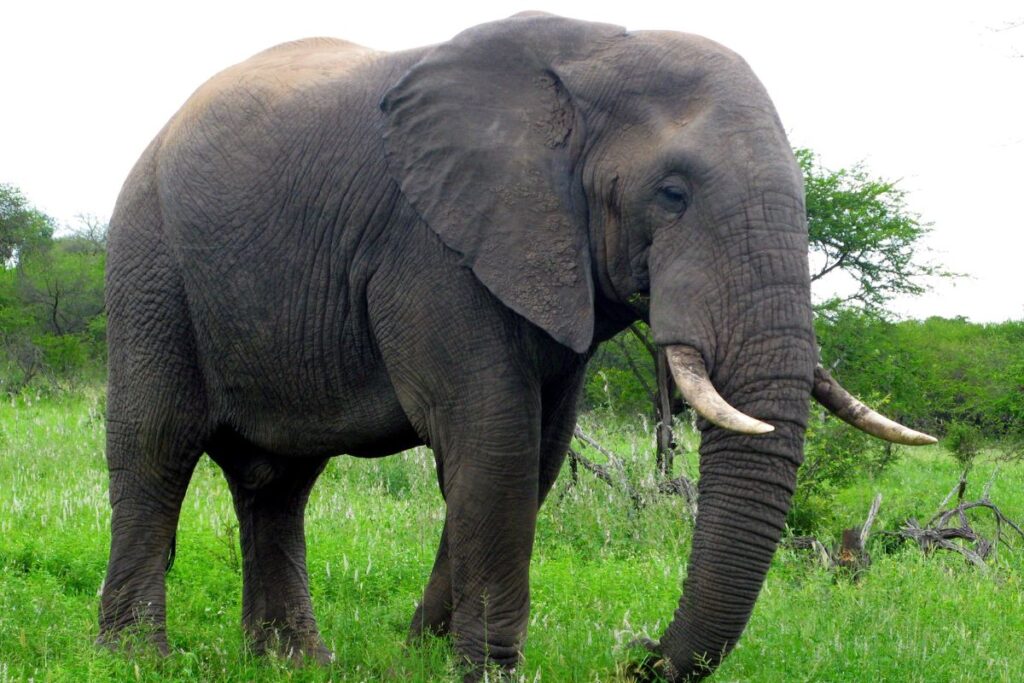
Wolves have never tried to hunt elephants, and for good reason. Even an isolated elephant could never be harmed by the biggest wolf pack. One of the only instances where wolves and elephants share a habitat is South Asia in regions like India. Elephants also roam in herds of eight up to one hundred members. This makes it very unwise for wolves to ever engage with elephants, and they would rather avoid them at all costs.
Muskoxen
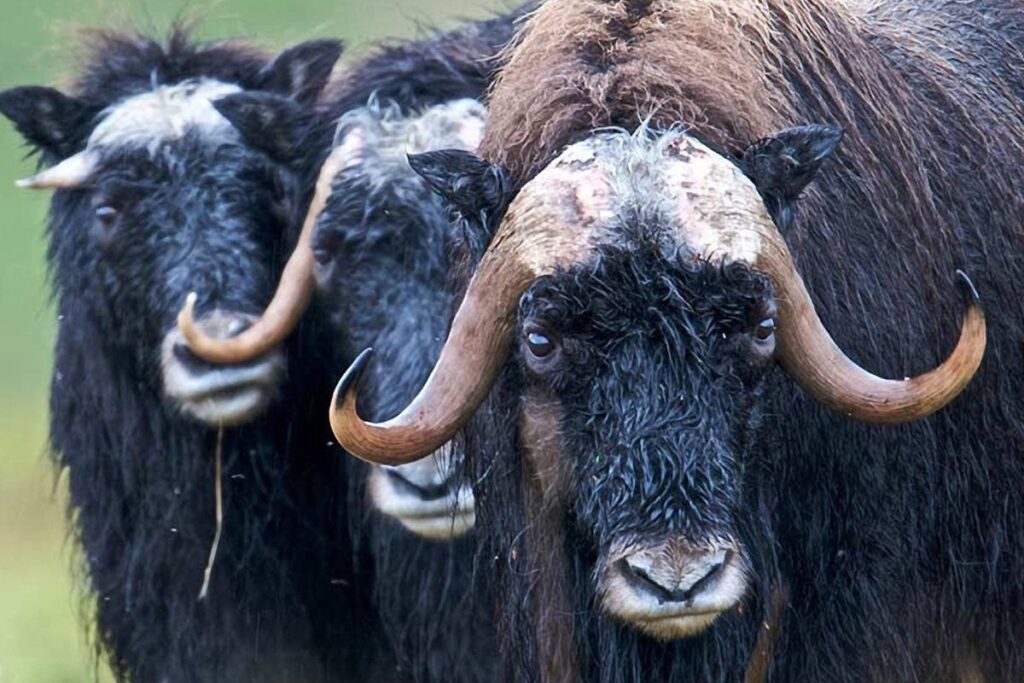
The muskoxen is a bovine that calls the Arctic its home. They are large animals that weigh anywhere from 500-800 pounds. They share a home with Arctic wolves, which will only go for them if they outnumber them heavily.
Bison
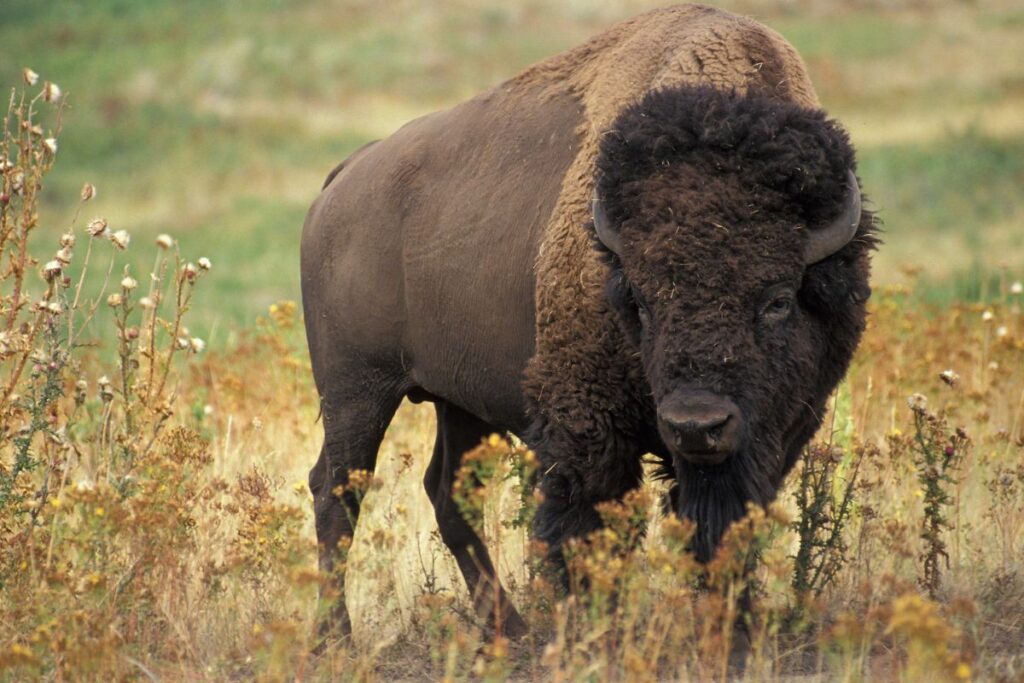
Due to their massive size, bisons offer one of the greatest sources of food a predator can take down. However, the problem is that the bison’s size also means that hunting them is a daunting task for any predator, even a wolf pack. With the risk of injury, wolves try to steer clear of bison and go for smaller prey.
Polar Bear
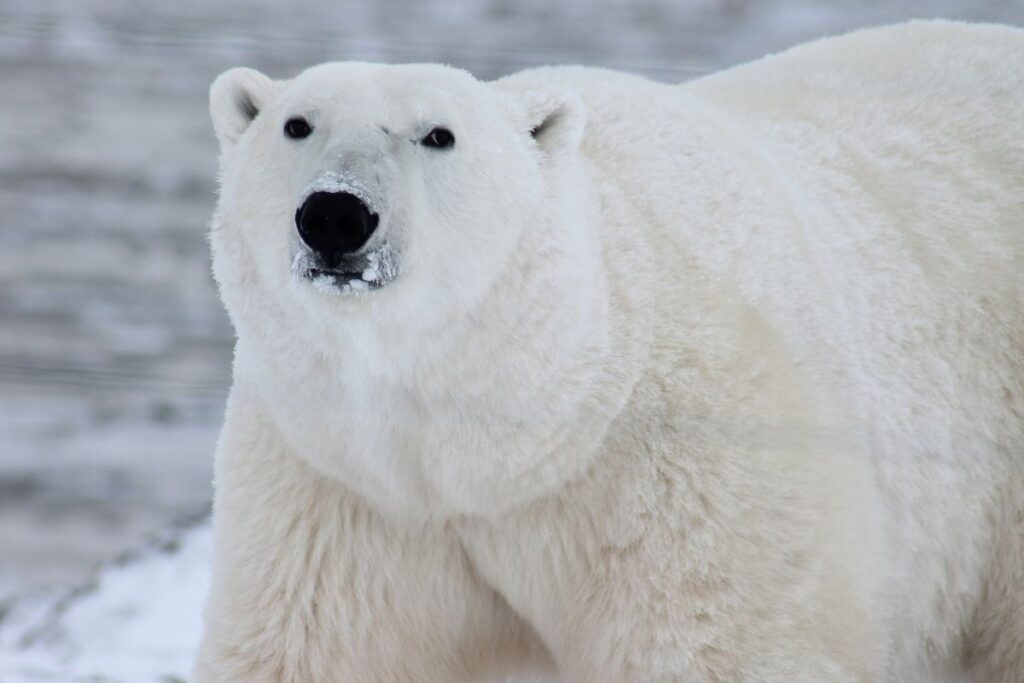
The polar bear is the biggest species of bear on the planet and is one of the strongest mammals. Like grizzlies, wolves would rather stay as far away from them as possible. Polar bears can reach impressive speeds and hunt far more than their cousins. Even a large pack of wolves would struggle to beat just one polar bear.
Source:
Wolf Predators: These 4 Animals Won’t Hesitate to Kill and Eat Wolves
Stay connected with us for more stories like this! Follow us to get the latest updates or hit the Follow button at the top of this article, and let us know what you think by leaving your feedback below. We’d love to hear from you!







